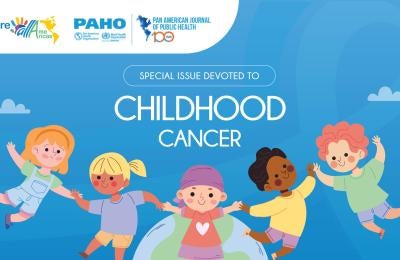Pan American Health Organization/World Health Organization Collaborating Centers in Nursing and Midwifery in Haiti
Objective.
To describe partnerships that Pan American Health Organization/World Health Organization (PAHO/WHO) Collaborating Centers in Nursing and Midwifery have in Haiti, and their contribution to promoting universal health coverage in that country.














